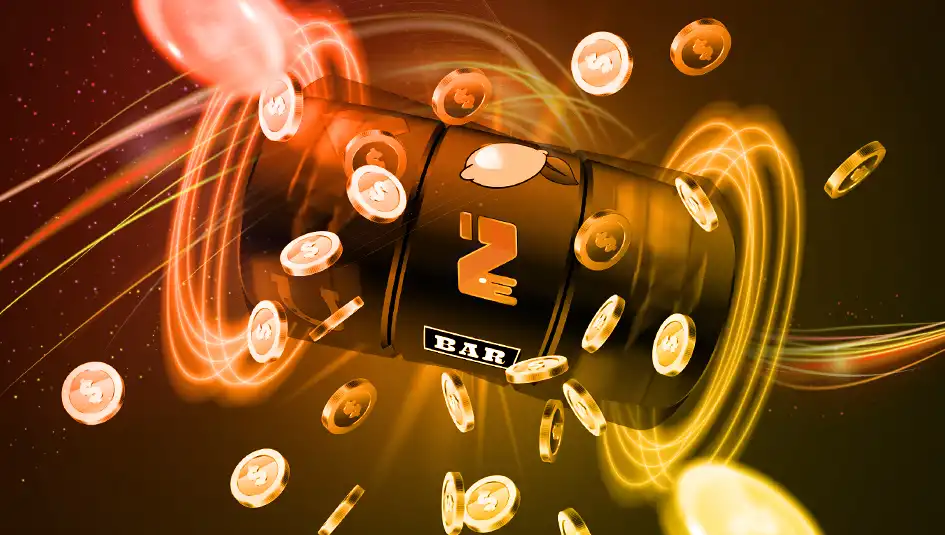
Gambling, whether through the hypnotic whirl of slot machines or the strategic placement of sports bets, taps into a complex web of psychological triggers that keep players coming back for more. Despite their obvious differences—slots relying largely on chance and rapid outcomes, and sports betting demanding analysis and prediction—both forms share fundamental mechanisms that engage the human brain. Understanding the psychology behind slot spins and sports bets is essential not only for players who want to make informed decisions but also for operators striving to design compelling yet responsible gaming experiences. This article explores the mental hooks, emotional responses, and behavioral patterns that fuel player engagement and, in many cases, addiction.
The Thrill of Uncertainty and Variable Rewards
At the heart of gambling’s appeal lies uncertainty combined with the prospect of reward—a potent cocktail that activates the brain’s reward circuitry. Slot machines สล็อตเงินวอน exemplify this through their variable ratio reinforcement schedules, where wins are unpredictable and randomly spaced. This unpredictability creates a psychological state known as the “near miss, ” where players almost win, triggering dopamine release and encouraging continued play despite losses. Sports betting similarly capitalizes on uncertainty, with each wager carrying the tension of an unresolved outcome that can swing in an instant. The difference is that sports bets also engage cognitive evaluation, where bettors analyze statistics, player form, and odds, adding layers of mental stimulation that enhance the experience.
The Role of Dopamine and Neurochemical Feedback
Scientific studies show that dopamine—a neurotransmitter linked to pleasure and motivation—is heavily involved in gambling behaviors. In slot play, every spin becomes a mini-event that can trigger dopamine release, particularly when accompanied by sounds, flashing lights, and visual effects designed to amplify excitement. These sensory cues create a feedback loop where the brain associates the gambling environment with reward anticipation, sometimes overriding rational judgment. Sports betting, while less sensory-intensive, also stimulates dopamine release through anticipation and outcome evaluation. When a bet is placed, the brain starts to visualize possible wins, heightening arousal and focus. This neurochemical feedback is a powerful driver of engagement, fueling the desire to continue playing or betting.
Cognitive Biases That Influence Decision Making
Both slot players and sports bettors are subject to cognitive biases that distort their perception of risk and reward. In slots, the “gambler’s fallacy” leads players to believe that a loss streak increases the likelihood of an imminent win, despite spins being independent events. Similarly, the “illusion of control” can make bettors feel their knowledge or intuition can influence unpredictable sports outcomes, prompting them to place larger or more frequent wagers. Confirmation bias encourages players to remember wins vividly while discounting losses, skewing their assessment of overall success. These biases are reinforced by the intermittent nature of wins and the emotional highs of victory, making it challenging for players to break patterns of risky behavior.
Social and Emotional Drivers
Gambling is not just a solitary activity; it often fulfills social and emotional needs. Sports betting, in particular, fosters community through shared fandom, discussions, and competitive leagues. The social aspect provides validation and excitement, turning bets into a form of social currency. Slot machines, while more solitary, increasingly incorporate social features such as leaderboards, shared jackpots, and community challenges to evoke similar feelings of belonging. Emotionally, both forms offer escapism—an opportunity to momentarily forget daily stressors and immerse oneself in the highs and lows of the game. This emotional engagement can be deeply satisfying but also risky if used as a coping mechanism.
The Impact of Game Design and Marketing
The design of slot machines and sports betting platforms plays a crucial role in sustaining player interest. Slots are engineered with immersive themes, engaging soundtracks, and frequent small wins to maintain momentum and minimize boredom. Features like bonus rounds and progressive jackpots add layers of excitement that prolong play sessions. Sportsbooks leverage real-time data, live streaming, and in-play betting options to keep bettors hooked throughout events, encouraging quick decisions and impulse bets. Marketing tactics such as welcome bonuses, free bets, and loyalty rewards create incentives that entice players to return regularly. These external factors work synergistically with psychological triggers to build habits and increase time spent on platforms.
Balancing Excitement with Responsible Play
While the psychological drivers behind slot spins and sports bets can enhance entertainment, they also raise concerns about problem gambling. Recognizing the fine line between fun and compulsion is vital. Responsible gaming initiatives focus on educating players about volatility, odds, and bankroll management, helping them understand the risks involved. Features like deposit limits, self-exclusion options, and reality checks empower players to maintain control. For operators, ethical design means creating environments that promote balanced play rather than exploiting psychological vulnerabilities. Ultimately, awareness and self-regulation are the best defenses against the darker side of gambling psychology.
Conclusion
The psychology behind slot spins and sports bets reveals a fascinating intersection of chance, cognition, and emotion that keeps players captivated. Variable rewards, neurochemical feedback, cognitive biases, and social influences weave together to create compelling experiences that can be both exhilarating and risky. By understanding these mechanisms, players can approach gambling with greater mindfulness and control, while operators can craft safer, more engaging platforms. The challenge moving forward is to harness the psychological appeal of gambling in ways that prioritize player well-being, ensuring that the thrill of the game remains a source of enjoyment rather than harm.